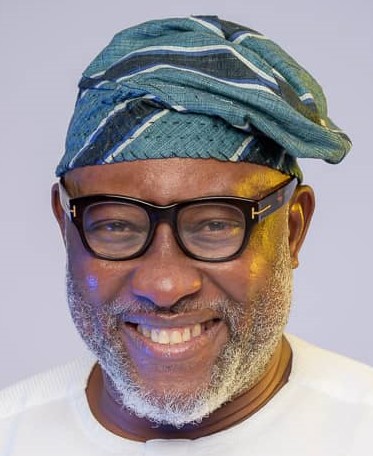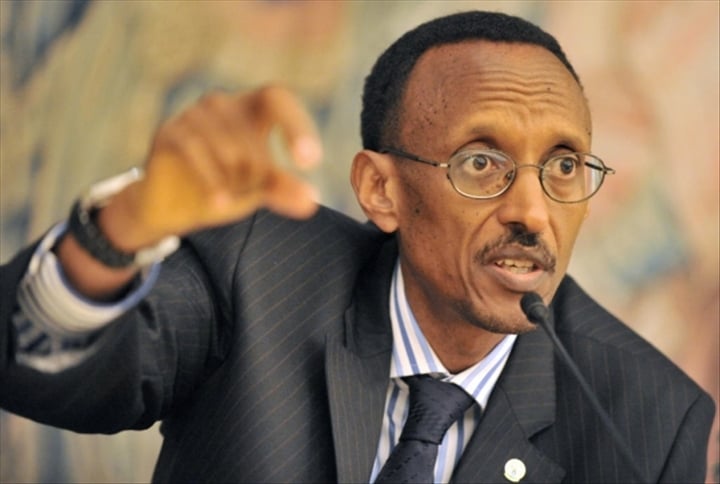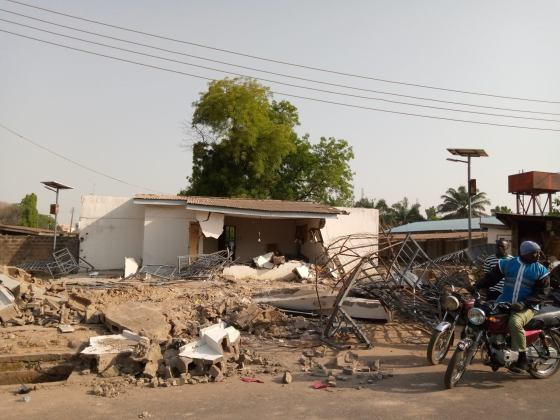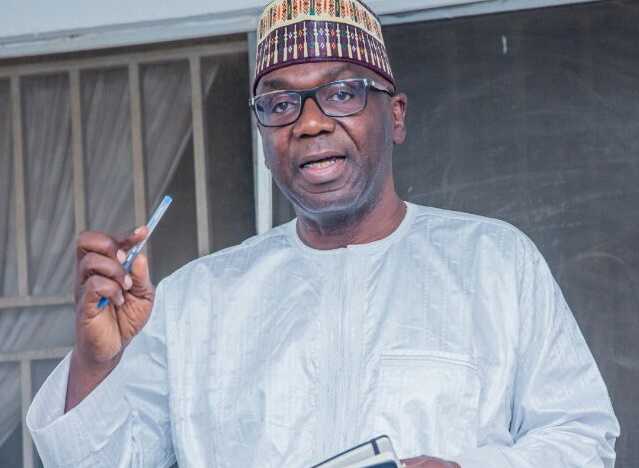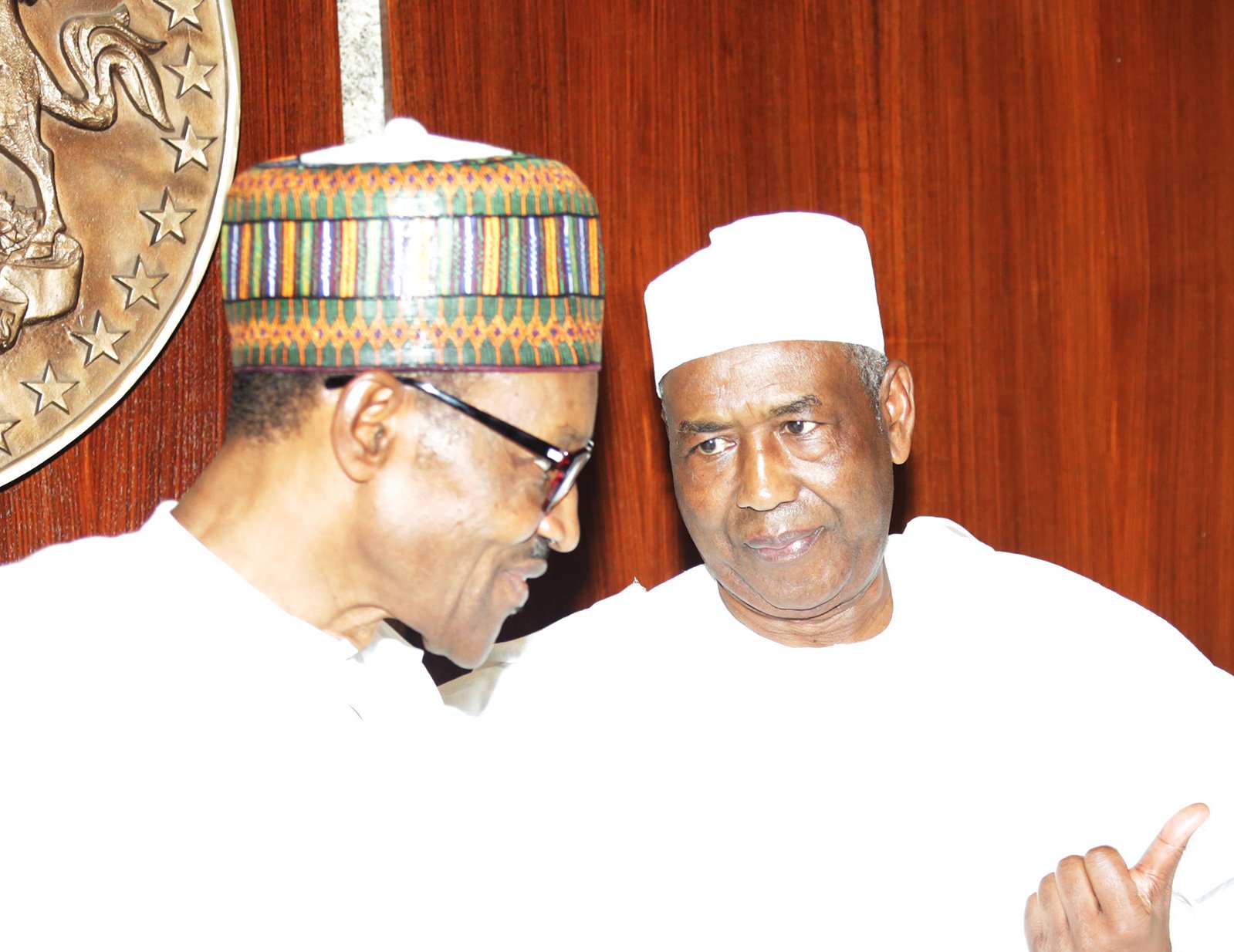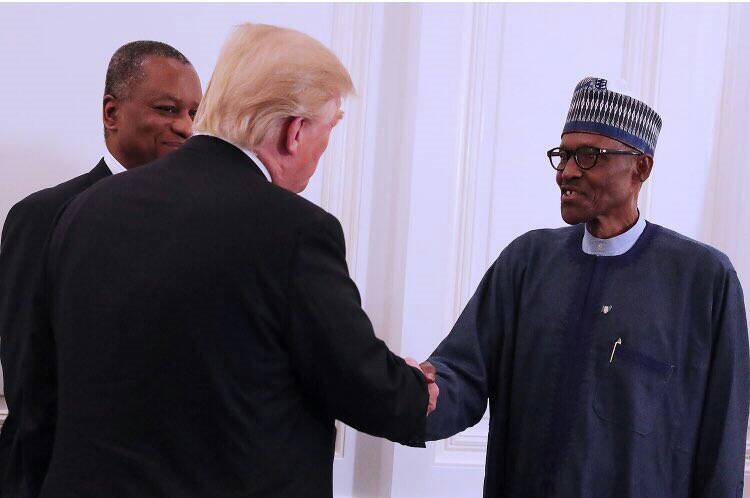Paul Kagame
As a frequent business traveller particularly around Africa, I am often intrigued and sometimes bewildered at the discussions on the leadership question among the citizenry across nations from the continent. I am most times comforted by the patriotic fervour and enthusiasm that runs deep in their veins. UBUNTU; a Zulu word that loosely translates to human kindness but deeply means having the human virtues of compassion and humanity is quite prevalent. Often times I juxtapose these thoughts with that of my beloved country Nigeria and am in a quandary as to how we came to this sorry pass . I wrote this article initially in 2017 but am wont to refresh the minds of my readers with it against the backdrop of happenings around the continent and as we usher in a new year.
I use today the Rwandan example to bring home the fact again that we need to learn a lot from some of our brothers across the continent. As I have often said, Leadership is about public good and not self- preservation and nowhere else is representative of this virtue than Rwanda. A particular event in Kigali titled IMIHIGO which is about performance contracts, accountability and citizen centred development amply demonstrates that.
The event which held on Friday September 9 2017 at the exquisite Kigali Convention centre is an annual one and was chaired by the president of Rwanda Paul Kagame. It brings together central and local leaders who come to present performance outcomes for the last financial year and signing of new contracts for the new financial year. The system which was introduced in 2006 is credited with improving accountability and speeding up the pace of citizen centred development activities and programmes in the country. Hitherto the evaluation of the IMIHIGHO was done by government officials but the exercise is now handled by the INSTITUTE OF POLICY ANALYSIS AND RESEARCH (IPAR) a private think tank to ensure its outcomes are more scientific and objective. With the research institute serving as the arbiter, the results are fact based, independent and reliable unlike when the evaluators were the ones who were supposed to implement the same contracts based on observations and assumptions.
At Nigeria’s weekly Federal Executive Council meetings we often hear … Council resolved to award the contract for xyz and more often than not no policy statement emanates from there. It is a weekly or bi weekly contract award session. One had heard previously Ministers announcing the award of contracts or signing of memoranda between Countries, states and private sector organizations which were never binding and were as worthless as the paper on which they were signed. What doesn’t get measured does not get done.
We do not track neither do we evaluate . We as a nation and not only the federal government but the sub-nationals (state governments) and the local governments that pride itself with slogans that even the proponents do not believe in.
President Paul Kagame of Rwanda in his key note address from which I take some excerpts said and I quote ’Leadership is not an individual task, it is about how the opportunity that gives you a leader works with others to achieve a common goal. Leadership is also about learning from our mistakes and applying lessons . He goes on to say.. Failure in leadership is when you choose to pursue your own interest and not the interests of the people you lead. Our success must be evaluated based on the change we see in the lives of Rwandans not the life of individual leaders. Imihigo is not about praising individuals or punishing others. It is about changing the lives of our citizens. You cannot sit back pray and wish for success, you cannot reap what you have not worked for. Freedom is the opportunity that gives you hope that you will stand tall. This Rwanda is ours, it is our house. It is not a house someone has lent to us. It is ours to work on and transform. This freedom of ownership is indispensable.’’ The speech was powerful and poignant particularly as it connected back home with OUR CHANGE AGENDA in words. It resonated well with the entire Rwandan citizenry who knew where they were coming from after going through an unprecedented genocide that threatened the very fabric of their existence and only a leader in the mould of Paul Kagame could hold them together and instil in them a sense of unity and belief in their oneness. A strong leader who has built strong institutions in equal measure. A landlocked nation that relies on its human resource elements which it uses to develop capacity its burgeoning youthful population which it unleashes onto the ICT space, and its diaspora remittances whose citizens contributions is added to donor funding to build infrastructure and social amenities. You could see a sense of genuine pride and patriotism from a leader and reciprocated by the citizenry. No one is coerced to imbibe the cause. They look at their antecedents, coming from 24 years post genocide and conflict and say on our honour we must make this country work not only for this generation but those unborn. For their tomorrow they are ready to give their today. Juxtapose this with the Nigerian experience and what you are confronted with is cynicism and bigotry. There is an apparent lack of belief and faith in the leadership strata but it seems to be changing but very slowly.
The ‘CHANGE BEGINS WITH ME’ started on a turbulent note with claims that it was a stolen concept. In equal measure Nigerians have started to deride the programme as not striking a chord and a bit of the same old slogans and mantras that do nothing to bring out the nationalistic fervour in us. The vim and gusto is lacking as the people believe rightly or wrongly there is a serious disconnect that needs to be addressed by the leaders. They insist and rightly so that by their actions and deeds our leaders must show commitment to the cause.
Advertisement
The time for spiritual reawakening and rebirth ( note I didn’t say religious) is now. We need to have a common agenda and destiny and a conscious effort must be made to affect national development from our respective spheres of influence and quit complaining. Citizens must hold their leaders at all levels accountable and those who err should be made to return the loot and in addition jailed to act as a deterrent. We often hear that the person or persons engaged in looting or corrupt practices are from a particular ethnic group or belong to a certain religious creed as if that is an excuse or a licence to steal. The situation hitherto where corruption was not only rife but endemic and stealing in high places was elevated to an art must be condemned in its entirety. Our collective patrimony must not be mortgaged, and we must stop whining and wailing, pick up the gauntlet and show the way.
I was particularly impressed with the letter to the nation on January 1st 2020 by President Muhammadu Buhari where he espoused his vision and plans for the country in the coming year and to which I urge Nigerians to hold him to account with respect to the promises made therein
He made a detour from perennial speeches and decided to use that medium to make his New Year speech to the nation.
The letter reminds me of ‘LETTER TO MY COUNTRY MEN’ in the 90s made popular by Nigeria’s former Information and Culture Minister Prince Tony Momoh who served in the Babangida government in the years 1986-1990.
Advertisement
Leadership comes with enormous responsibility and sacrifice, and our Leaders must see themselves as servants of the people and must show accountability to those they Lead.
The days of RULERSHIP are over and our LEADERS must now lead from the front both at the Federal, State and Local government levels.
Adefeko is the chairman, agricultural trade group of the Nigerian Association Of Chambers Of Commerce, Industry, Mines And Agriculture (NACCIMA).
Views expressed by contributors are strictly personal and not of TheCable.
Add a comment
